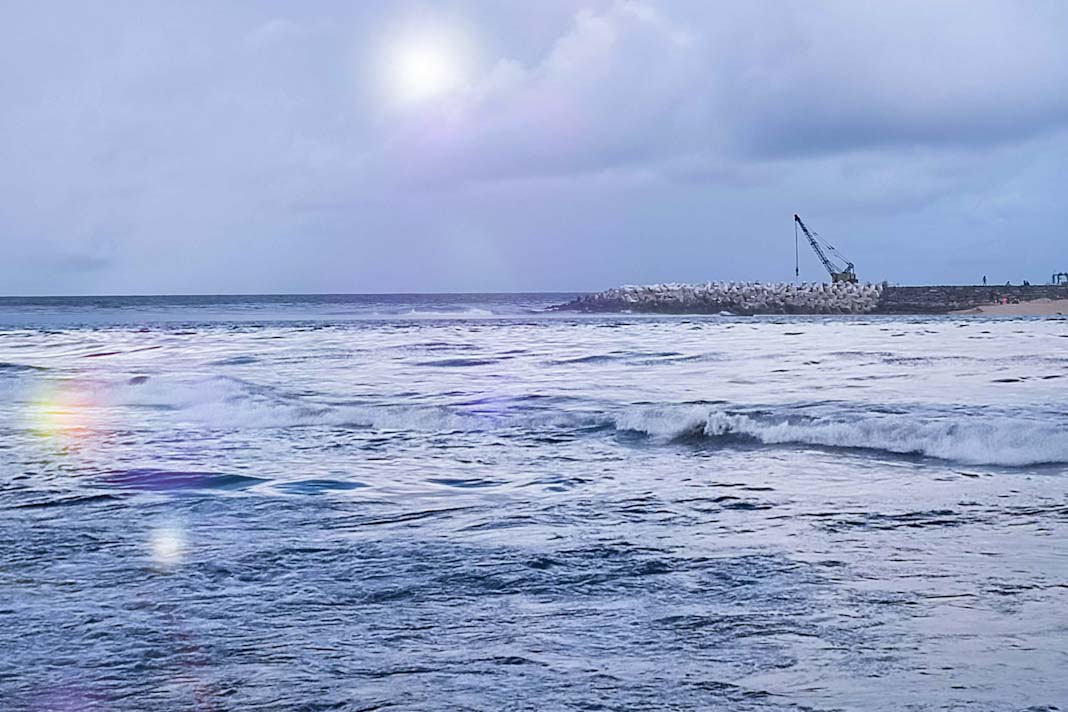Given the upcoming EU elections, the European Sea Ports Organisation (ESPO) has set its priorities for the next five years.
Ports In Transition
The world is in transition, ports are in transition. More than ever, ports are strategic entities and enablers of Europe’s ambitions and its sustainable, digital, competitive, strong, and social future. Ports want to be part of the solution and are taking up new responsibilities on top of their traditional role as a multimodal hub in the supply chain.
Priorities Outlined
Entitled “A net-zero, smart, resilient and competitive Europe: Europe’s ports are part of the solution”, ESPO’s memorandum outlines nine priorities:
- Focus on implementation: Europe’s ports ask policymakers to provide clarity and support to ports to ensure the effective implementation of existing regulations. In this context, incoherence or conflicting policies should be addressed.
- Give ports the space to take up their role as facilitators of renewable energy. The energy transition will require space in ports; Permitting barriers should be removed; Ports should be actively considered when relevant energy policies, circular economy, and carbon strategies are being developed; Riskier pioneering energy investments should be financially supported.
- Reducing emissions and pollution is an important KPI for ports: Ports in Europe want an agreement on a well-defined global maritime GHG emission pricing mechanism; ports should be allowed to prioritize green investments where it makes the most sense in terms of emission reduction; a continuous dialogue with stakeholders is needed to avoid stranded assets; the new 90% GHG emission reduction target must be seen as a stepping stone towards 2050.
- The level playing field both within the internal market and vis-à-vis Europe’s neighbors must be safeguarded: Ports plead for a “do not harm competitiveness check” in EU policy-making; equal access and conditions to funding are key, diverging national approaches should be avoided; boosting net-zero industries implies reinforcing the relevant supply chains; the fair power play and level playing field within the maritime sector should be monitored closely.
- Ports are pivotal in strengthening Europe’s resilience: Ports are an important pillar of Europe’s supply chain sovereignty; ports are in favor of a more harmonized approach to address foreign influence in ports; Europe must, however, remain an attractive place to invest; EU security measures should not stop trade, but make it safer.
- Ports are partners in striving for a smart, but safe and secure cyber environment: Digitalisation and smart technologies are crucial tools in making Europe’s ports more efficient, safe and sustainable; additional measures to step up cybersecurity and further digitalization might be needed; raising awareness of possible cyber risks is a shared responsibility among all port stakeholders.
- Europe’s ports require 80 billion in investment needs for the next 10 years: Ports more than ever need access to a robust funding support instrument, with dedicated port envelopes, to invest in projects with high societal value but an often slow, low and risky return on investment; European funding should be simple;
- The EU institutional structure should be adapted to the new reality: A more integrated approach is needed when developing new policies: transport, and in particular ports, cannot be discussed in isolation; closer cooperation between Commission DGs is needed; a continuous, transparent and open dialogue between stakeholders and EU policymakers is needed to tackle the complexity of today’s challenges.
- Ports are a resource for the city: Their new roles can open doors for attracting new businesses and talents to the port and port cities; effective cooperation between all stakeholders is needed to attract people to the port since ports cannot do the job without the right people.
The priorities of Europe’s ports will be further discussed during the annual ESPO Conference taking place on Thursday 25 and Friday 26 April in Paris. If you would like to join these discussions, book now and secure one of the last tickets for this annual highlight of the European port industry.
Did you subscribe to our daily newsletter?
It’s Free! Click here to Subscribe
Source: ESPO

















